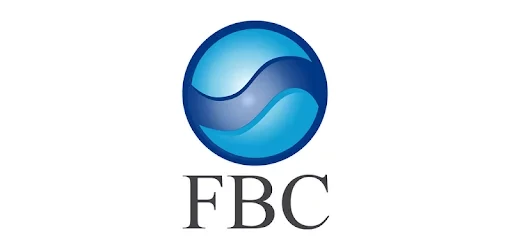
ZSE-listed FBC Holdings made headlines last week after it outbid four other investors that were interested in LSE-listed Standard Chartered’s operations in Zimbabwe.
This follows Standard Chartered’s decisions to exit Angola, Cameroon, Gambia, Sierra Leone, and Zimbabwe in Africa as well as Jordan and Lebanon in the Middle East early last year.
It is also interesting to note that Standard Chartered is the oldest bank in Zimbabwe, and its exit is reminiscent of LSE-listed Barclay’s move out of Africa in 2018.
This move pokes holes in the merits of investing in frontier markets which largely include Africa countries, but this is a discussion for another day.
For now, we unpack Standard Chartered’s acquisition by FBC Holdings by looking at granular details of the transaction.
According to Financial Express, FBC Holdings has entered into an agreement to acquire Standard Chartered Zimbabwe for a total consideration of around US$34 million.
We performed a valuation of Standard Chartered using a relative Price-to-Book valuation.
Multiples for both valuations were obtained using comparable stocks on the JSE, and these were adjusted for differences in country risk.
- Zimbabwe’ banks are bleeding
- In Conversation with Trevor: Livingstone Gwata: Why I retired early
- Inside listed companies: Listed companies stand their ground in difficult year
- Zimbabwe’ banks are bleeding
Keep Reading
We estimate a fair price estimate of US$37.0 million for Standard Chartered’s local operations at the time of the announcement of the acquisition.
The disparity between the buying price and the net assets value favours FBC Holdings considering that it will be acquiring Standard Chartered at a discount and it stands to reap synergies after the conclusion of the transaction.
We break down some of these expected benefits to FBC Holdings as it pertains to this particular transaction. We identify (i) the homogeneity of banking operations, (ii) value-add services, and (iii) technology as some of the benefits that could accrue to FBC Holdings.
We opine that banking operations are largely homogenous and do not differ significantly from one bank to another because the sector is heavily regulated and, to some extent, standardised.
As a result, incorporating Standard Chartered’s operations in FBC Holding’s ecosystem will likely result in a net benefit for the latter and its shareholders.
Standard Chartered’s operations also come with custodial services, a value-add service that is currently offered by CBZ, Stanbic, CABS, and local stockbroking outfits.
We note that FBC introduced custodial services in 2021 but its reach and breadth cannot be compared to Standard Chartered’s, and therein lies another benefit of this acquisition.
Standard Chartered has widely digitized its operations and, combined with digitization efforts by FBC Holdings, this could result in a leaner consolidated financial house post the acquisition.
From a holistic perspective, this purchase moves FBC Bank closer to the “big boys club”.
This club includes banks that are typically regarded as being too big to fail.
After consolidating Standard Chartered’s 4% market share, FBC Bank will have a commercial banking sector market share of 12% using total assets and will become the fourth largest bank in the country after CBZ Bank, Stanbic Bank, and Ecobank.
What does all this mean to the investor? We perform a valuation of FBC Holdings with the assumption that the acquisition will be consummated before the end of the year. Like Standard Chartered’s valuation, we use a relative Price-to-Book valuation.
We peg the value of FBC Holdings at US12.58 cents per share based on this relative valuation before incorporating a subjective discount for illiquidity.
Considering FBC Holdings’ USD-equivalent share price of US5.20 cents on 12 June 2023, this indicates strong potential upside in the counter.
That said, we note the low switching costs that could result in Standard Chartered customers moving away to other banks instead of transitioning to FBC Bank.
We note the aggressive promotions by other banks such as NMB, First Capital, CABS, and Nedbank that could pull customers to these banks.
- Mtutu is a research analyst at Morgan & Co. — [email protected] or +263 774 795 854.







